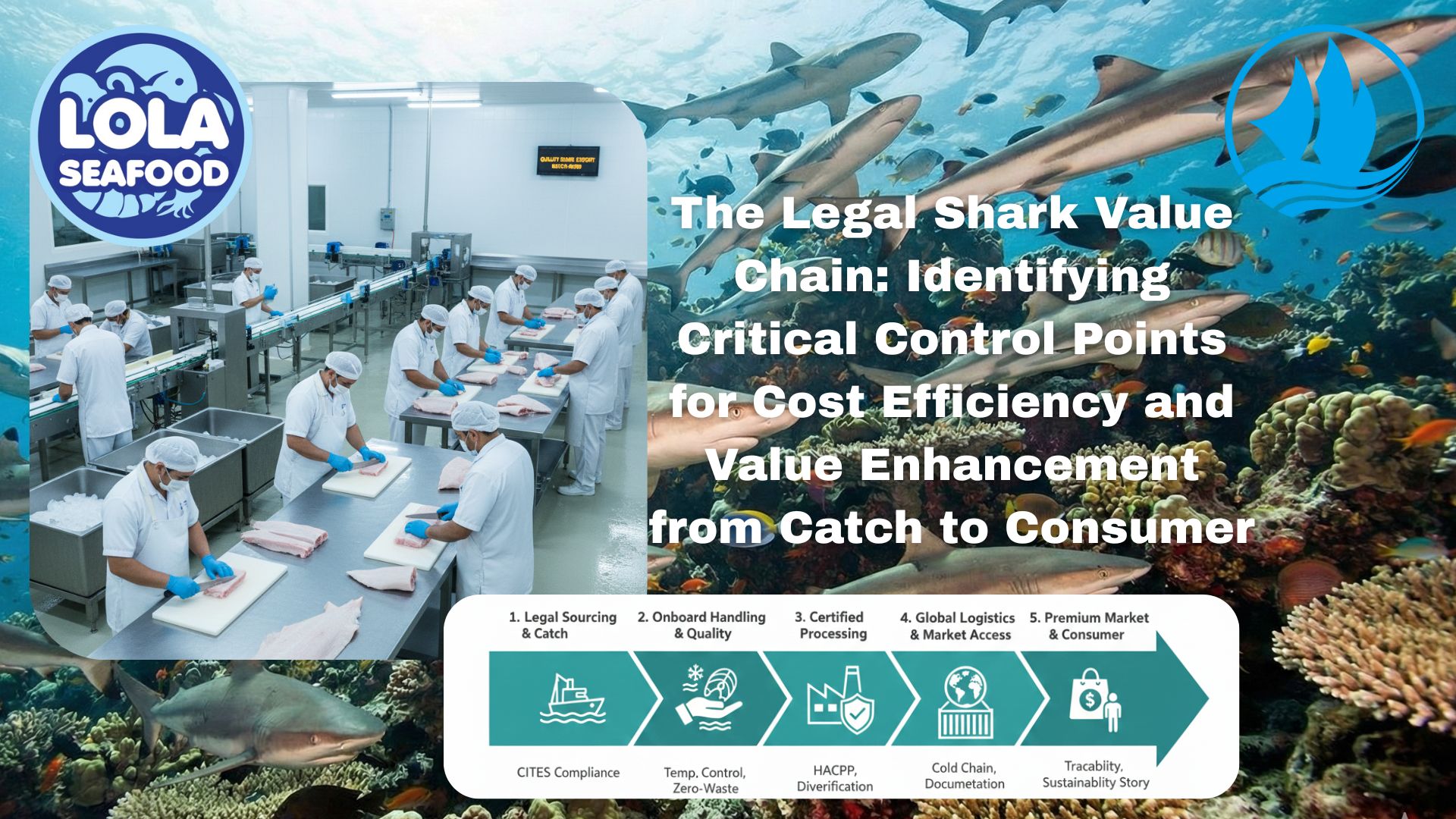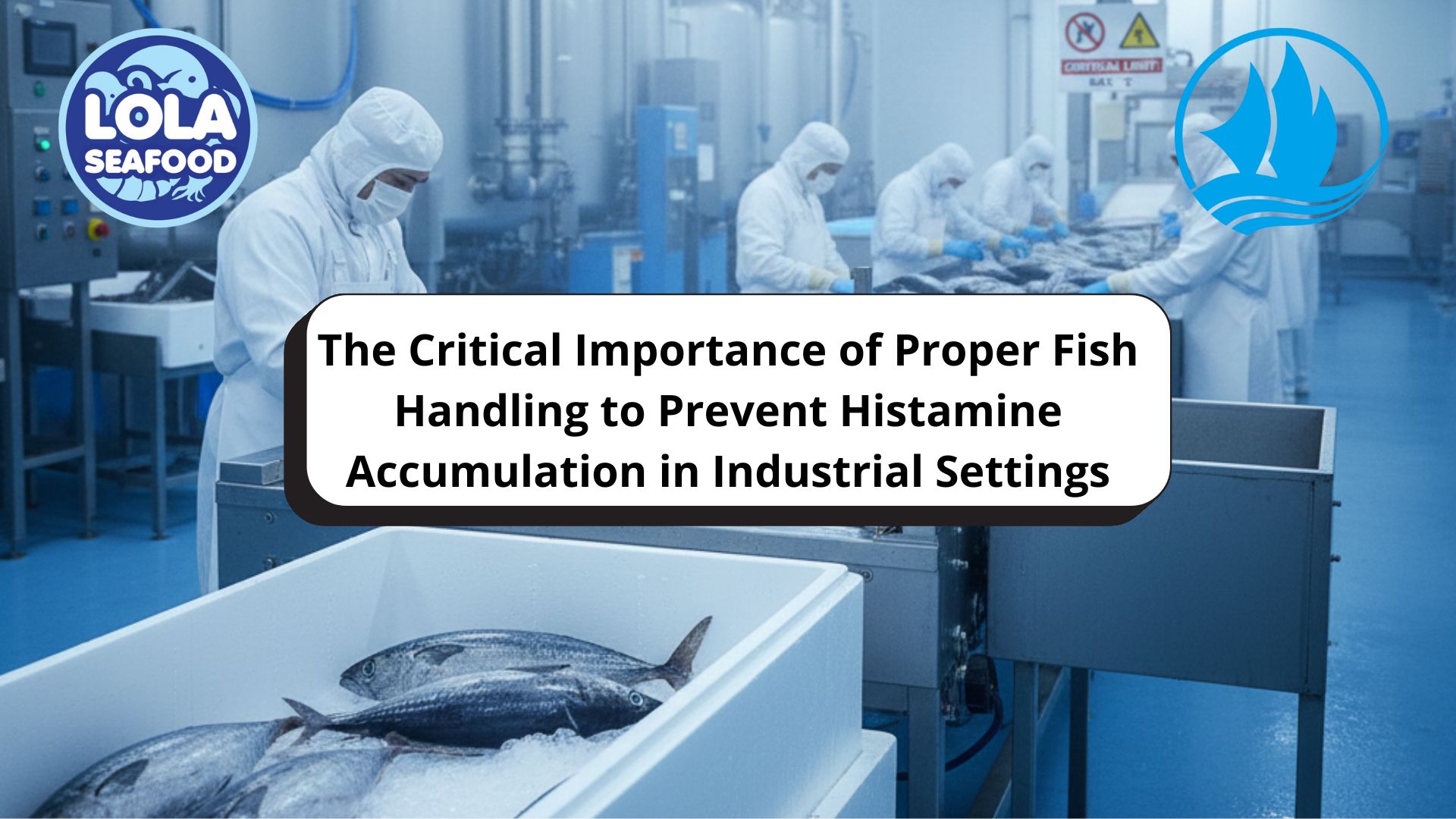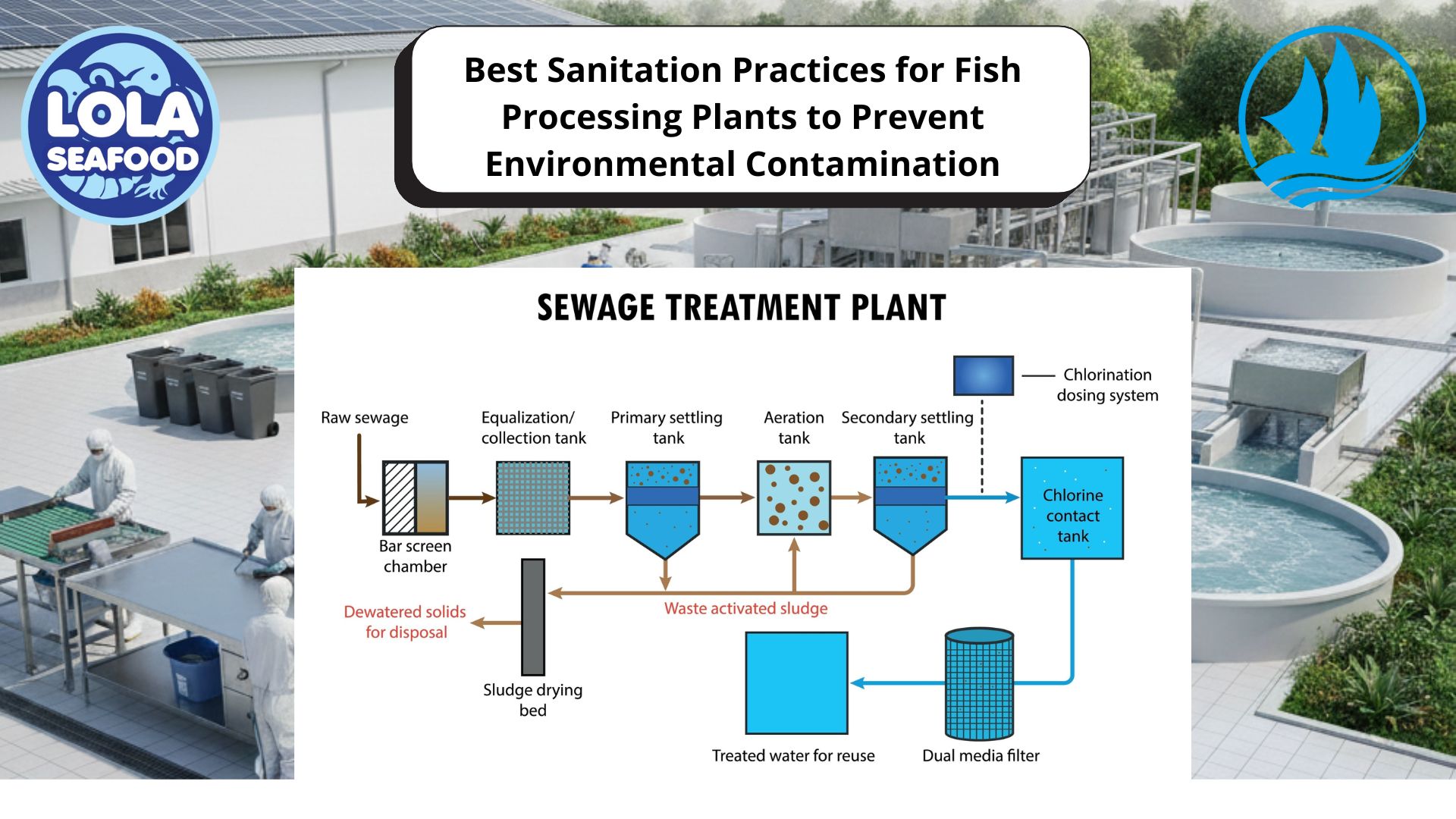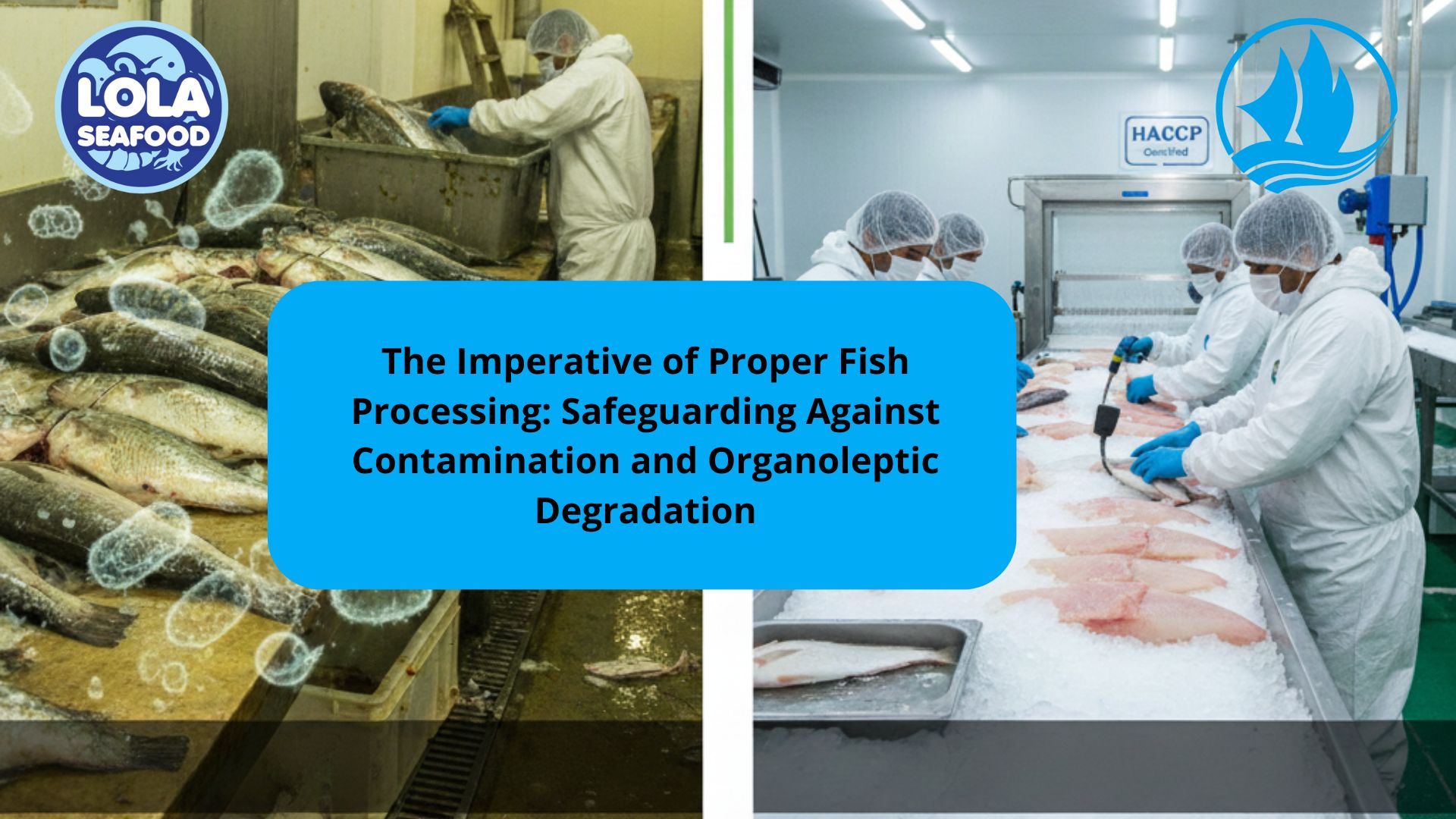Some Things We Need to Know About Shark Flakes
By. Puji Widyastuti - 03 Jan 2025.jpg)
Kelolalaut.com Shark flakes, a term that might sound unfamiliar to some, is a unique product derived from sharks, typically used in culinary applications, crafts, and sometimes cosmetics. This article explores the nuances of shark flakes, shedding light on their origin, uses, and the environmental concerns surrounding their production.
What Are Shark Flakes?
Shark flakes are small pieces of dried or processed shark meat or cartilage. They are sometimes referred to as "shark fin flakes," though not all flakes originate from shark fins. Shark flakes are particularly popular in Asian cuisine, often used as a flavouring ingredient in soups, broths, and sauces. They are valued for their ability to add a subtle, umami-rich depth to dishes.
In addition to culinary uses, shark flakes are also a byproduct of the shark finning industry. Some flakes are produced from dried fins, skin, or cartilage, which are then ground or shredded into smaller pieces for easier use. The texture and flavour of shark flakes can vary depending on the processing methods and the part of the shark used.
Uses in Food and Beyond
Shark flakes are primarily known for their role in traditional dishes. In countries like Japan, China, and Thailand, they are added to soups or teas for their distinctive flavour and perceived health benefits. In other contexts, shark flakes can be incorporated into pet food, fish feed, or even as an ingredient in fertilizers due to their high protein content.
Beyond food, shark flakes can also be used in crafts. Shark skin, known for its rough texture, has historically been utilized as an abrasive material. Shark cartilage, often found in flakes, is sometimes processed into powders used in supplements believed to support joint health, though scientific backing for such claims is limited.
Environmental and Ethical Concerns
The production of shark flakes raises significant environmental and ethical issues. Overfishing and the practice of shark finning—where sharks are captured, their fins removed, and the rest of the body discarded—have led to declining shark populations worldwide. This has a devastating impact on marine ecosystems, as sharks are apex predators that play a crucial role in maintaining ecological balance.
Many species of sharks are now endangered, and the demand for products like shark flakes exacerbates this issue. Organizations and governments are working to implement stricter regulations to curb shark finning and promote sustainable fishing practices. Consumers can also contribute by opting for alternative products or ensuring that the shark flakes they purchase come from sustainable sources.
What Should Consumers Know?
Before purchasing or consuming shark flakes, it’s important to consider their origin and environmental impact. Look for certifications indicating sustainable sourcing or opt for plant-based substitutes that mimic the flavour and texture of shark flakes without the ecological cost.
In conclusion, while shark flakes hold cultural and culinary significance, their production often comes at a high environmental cost. By making informed choices and advocating for sustainable practices, we can enjoy the flavours we love while protecting our oceans and the vital species that inhabit them.
If youre interested in our Gummy Shark Fillet , Shark Belly , Shark Cartilage , Shark Fillet , Shark Flake please do not hesitate to contact us through email and/or whatsapp.

The Legal Shark Value Chain: Identifying Critical Control Points for Cost Efficiency and Value Enhancement from Catch to Consumer

Global Trust Across Three Segments: How the HACCP System Ensures Premium Quality for Demersal, Pelagic Fish, and Legal Shark Product Utilization
.jpg)
Green Investment, Profitable Harvest: How Sustainability Practices Reduce Operating Costs in Fish Fillet Processing Plants (Skin-On and Skin-Less)
 in Meeting Global Protein Demand Sustainably.jpg)
Sustainable Aquaculture: The Role of Recirculating Aquaculture Systems (RAS) in Meeting Global Protein Demand Sustainably




